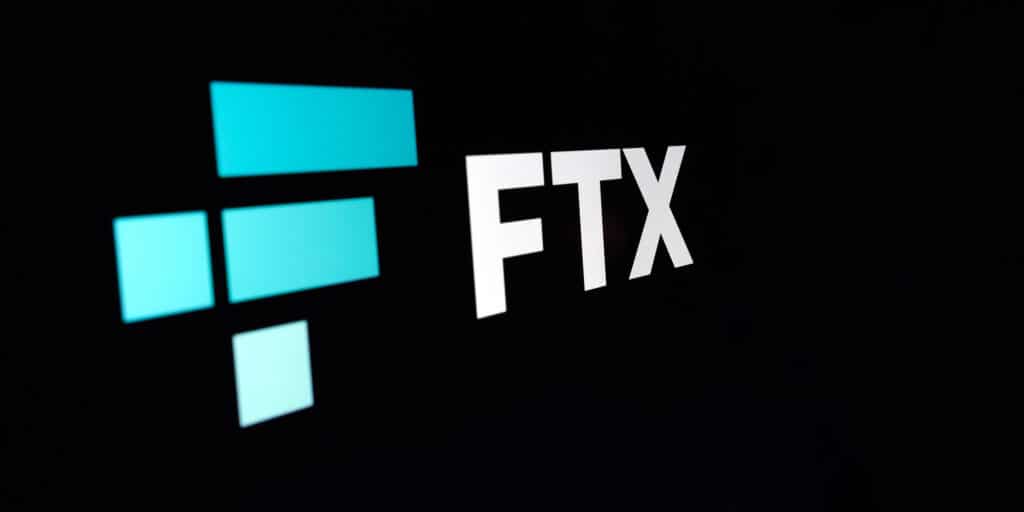TLDR
- Fenwick denies playing a role in FTX’s fraud, calling claims in the lawsuit flawed.
-
The firm claims new allegations are “stale” and should have been filed earlier.
-
Fenwick argues that the claims lack credible evidence and mirror previous rejected allegations.
-
The law firm claims its role was limited to routine legal services and denies any knowledge of fraud.
Fenwick & West, a prominent law firm previously contracted by FTX, has firmly rejected accusations that it played a pivotal role in the cryptocurrency exchange’s fraud and subsequent collapse. In an updated class-action lawsuit, FTX users allege that Fenwick was central to the exchange’s fraudulent activities. These claims have emerged after new evidence surfaced from FTX’s bankruptcy proceedings and criminal cases. However, Fenwick’s legal team has called these allegations “flawed” and insists the firm should not be held liable for any fraud committed by FTX.
The lawsuit was initially filed in 2023 but has been updated with new information from FTX’s legal proceedings. FTX users argue that Fenwick, along with other parties, was crucial in enabling the fraud that led to the exchange’s downfall. Fenwick has requested that the Florida federal judge dismiss the updated claims, stating that they rely on stale and misleading information.
Firm Claims Allegations Are Based on Stale Information
In its legal response, Fenwick & West labeled the new claims as “untimely” and “based on stale information that has been available for years.” The firm pointed out that these allegations should have been brought earlier, citing how similar claims were made against the law firm Sullivan & Cromwell, which were later dismissed for lack of evidence.
Fenwick’s lawyers emphasized that the updated allegations had no new factual basis and were merely a delayed attempt to delay legal proceedings.
Fenwick further argued that the claims against it mirrored previous accusations made against other firms. However, as with Sullivan & Cromwell, the evidence did not substantiate the allegations, and those claims were dropped. According to Fenwick, the updated complaint was merely a “futile” attempt to prolong the legal process without offering credible evidence of wrongdoing.
Disputing Claims from FTX Lead Engineer
A key part of the lawsuit involved testimony from Nishad Singh, FTX’s lead engineer, who claimed Fenwick knew about the misuse of customer funds and improper loans. Fenwick responded by disputing Singh’s testimony, clarifying that the law firm merely advised FTX on structuring founder loans, a standard practice for closely held companies.
Fenwick emphasized that these loans were typical in the industry and did not suggest any involvement in illegal activities.
Fenwick’s legal team also pointed to the testimony of other witnesses who claimed the fraud at FTX was carried out without the knowledge of FTX’s in-house counsel, other employees, or external professionals working with the firm. They argued that as a law firm providing routine legal services, Fenwick had no insight into the fraudulent activities occurring at FTX.
Rejected Allegations Regarding FTX Token (FTT)
The lawsuit also includes claims that Fenwick helped launch and promote FTX’s native token (FTT) in violation of securities laws. Fenwick rejected these claims, describing them as “far-fetched” and “frivolous.”
The firm argued that if plaintiffs had valid securities claims against Fenwick, they should have raised them much earlier in the legal process.
According to Fenwick, these claims were added after a judge dismissed similar allegations made against celebrities who had promoted FTX. The law firm contended that these new allegations were a last-ditch effort to reframe the legal narrative and evade a court ruling that dismissed previous claims.







